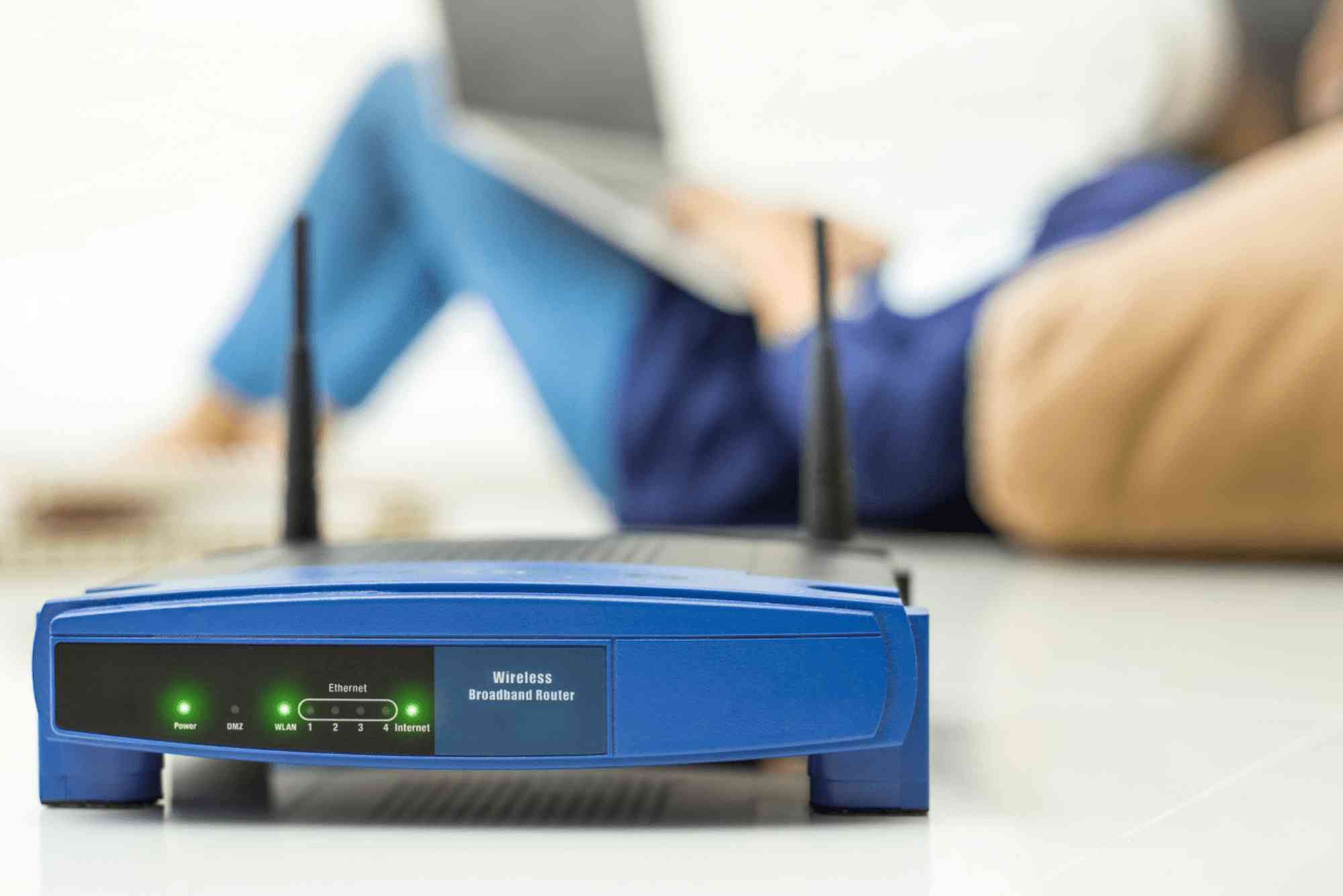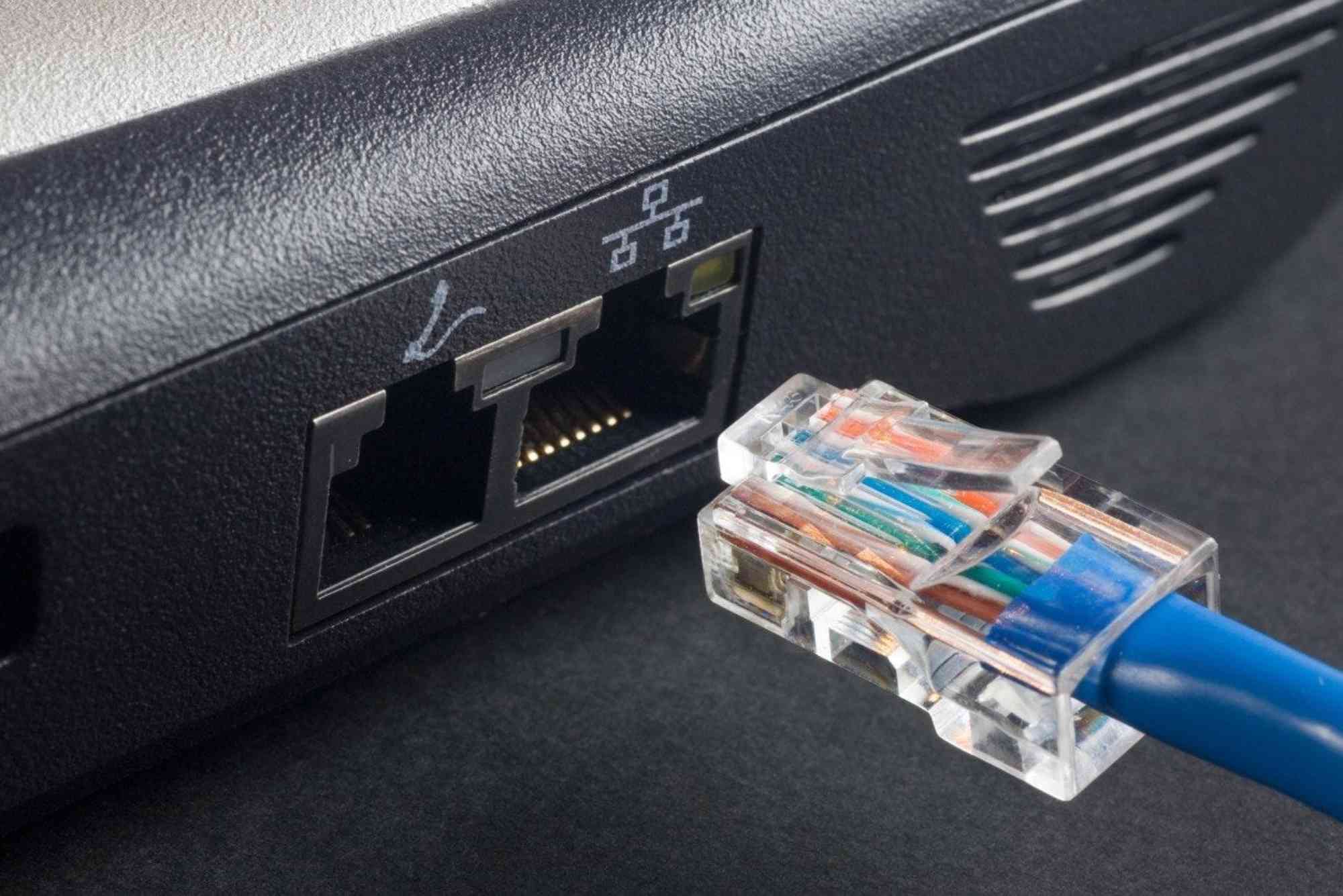If you’ve ever set up a home internet connection, you’ve probably come across the terms cable modem and gateway. While both are essential for connecting your home to the internet, they serve different purposes. Understanding the difference between cable modems and gateways helps you make an informed decision about which device suits your needs best. Whether you’re managing a high-speed home network or simply trying to get reliable Wi-Fi coverage, knowing how these devices work is key to optimizing your setup.
What Is a Cable Modem?
A cable modem is a device that connects your home to the internet through your Internet Service Provider (ISP). It translates the data signal from your coaxial cable line into an internet connection your router or computer can use. Essentially, it acts as a bridge between your ISP and your internal network.
Cable modems do not broadcast Wi-Fi on their own. Instead, they require a separate router to distribute the internet connection wirelessly across your home. This separation often allows for greater flexibility in upgrading or troubleshooting each device independently.
In many households, a standalone modem is ideal for those who want full control over their network’s hardware and security settings.
What Is a Gateway?
A gateway is an all-in-one device that combines the functions of a modem and a router. It not only connects to your ISP’s network but also distributes internet access to your wired and wireless devices. With a gateway, you don’t need to purchase a separate router — everything is built into one compact unit.
Gateways are popular among users who prefer simplicity and minimal setup. Most ISPs provide gateways as part of their installation packages, making them convenient for non-technical users.
However, this convenience can come at a cost — gateways often lack the customization and performance flexibility of separate modem-router setups.
Cable Internet Modems vs Gateways: The Core Difference
The main difference between a cable modem and a gateway lies in their design and functionality. A modem handles the connection to your ISP, while a gateway combines that functionality with Wi-Fi routing capabilities.
With a cable modem, you’ll need an external router to create a home Wi-Fi network. With a gateway, you get both features in one box.
This distinction is crucial because it affects performance, flexibility, and even cost. Understanding these differences helps you choose the right device for your cable internet setup.
Performance and Speed Considerations
When comparing cable internet modems vs gateways, performance often depends on your specific internet plan and household usage.
A standalone cable modem typically provides more stable and faster wired speeds since it focuses solely on signal translation. Pairing it with a high-quality router allows you to customize Wi-Fi performance according to your needs — ideal for gamers, streamers, and smart home users.
Gateways, on the other hand, deliver decent performance for general use but may struggle under heavy network loads. Because they combine both functions, firmware updates and hardware limits can sometimes restrict speed optimization.
If you have a gigabit internet plan, a dedicated modem and a separate router often provide better overall speed and reliability.
Flexibility and Upgradability
Another major difference between cable modems and gateways lies in flexibility. With a modem-router combo (gateway), upgrading one feature — such as Wi-Fi range — typically requires replacing the entire device.
By contrast, a separate modem and router setup allows independent upgrades. You can replace the router with a newer Wi-Fi 6 model or upgrade your modem to support faster DOCSIS 3.1 technology without affecting the other component.
This modular approach offers long-term savings and adaptability, especially as internet technology evolves.
Ease of Use and Setup
Gateways win in terms of ease of setup. Since they come preconfigured from your ISP, you simply plug them in and connect your devices. This plug-and-play convenience is perfect for users who want minimal technical involvement.
Cable modems, however, require a bit more configuration — especially if paired with a separate router. You’ll need to log in to the router’s settings to adjust your network name, password, and security preferences.
That said, once properly set up, a modem-router combination offers more control over advanced settings such as parental controls, firewalls, and device prioritization.
Cost and Value Over Time
While gateways seem cost-effective upfront, they can become more expensive in the long run. Most ISPs charge a monthly rental fee for their gateway equipment. Over a few years, these fees can exceed the cost of buying your own modem and router.
Purchasing a standalone cable modem often leads to long-term savings. You pay once for the hardware and can choose a router that fits your performance and coverage needs.
Additionally, owning your equipment gives you the freedom to switch ISPs or upgrade your setup without being locked into proprietary hardware.
Security and Control
Security is another area where cable modems and gateways differ. With a standalone modem and router, you have greater control over firmware updates, firewall settings, and encryption standards. You can also choose routers with advanced security features like automatic threat detection and VPN integration.
Gateways, while generally secure, rely on your ISP for firmware updates. If your provider delays an update, your network might be exposed to vulnerabilities for longer.
Therefore, users who prioritize privacy and data security often prefer using their own modem and router combination.
Reliability and Maintenance
When one part of a gateway fails — whether the modem or the router — the entire device often needs replacement. In contrast, with a separate setup, if your router stops working, you can simply replace that part without affecting your internet connection.
This modularity also makes troubleshooting easier. If your internet goes down, you can isolate the issue more efficiently by testing the modem and router separately.
Which One Should You Choose?
Choosing between a cable modem and a gateway depends on your preferences, technical comfort level, and internet usage habits.
If you prefer convenience, simplicity, and minimal setup, a gateway might be perfect. It’s an excellent choice for smaller homes or apartments where coverage demands are moderate.
However, if you value performance, customization, and future-proofing, a cable modem paired with a separate router is the smarter option. You gain more control, better Wi-Fi range, and an upgrade path as technology advances.
If you’re considering a professional internet setup or want expert advice on hardware choices, you can check out Dhanote Internet Services for reliable internet solutions and support tailored to your needs.
FAQs About Cable Modems and Gateways
1. Do I need both a modem and a router for cable internet?
Yes, you need both. A modem connects to your ISP, and a router distributes the connection to your devices. If you use a gateway, it combines both in one unit.
2. Are gateways slower than modems?
Not necessarily. Gateways can perform well for everyday use, but separate modems with dedicated routers often deliver faster and more stable speeds, especially for high-demand networks.
3. Can I replace my ISP-provided gateway with my own modem?
Yes, most ISPs allow you to use your own compatible modem. It can save you money on rental fees and give you better performance control.
4. What is DOCSIS, and why does it matter?
DOCSIS (Data Over Cable Service Interface Specification) defines how data is transmitted over cable lines. The latest version, DOCSIS 3.1, supports faster speeds and improved efficiency, making it ideal for modern internet plans.
5. Is a modem or gateway better for gaming?
For serious gamers, a standalone modem and a high-performance router are recommended. This setup reduces latency and improves network reliability.
Making the Right Choice for Your Home Network
In the debate of cable internet modems vs gateways, the right choice depends on your priorities. If you want simplicity and ease of setup, a gateway is an excellent all-in-one solution. But if performance, flexibility, and long-term value matter more, investing in a separate cable modem and router is the best route.







